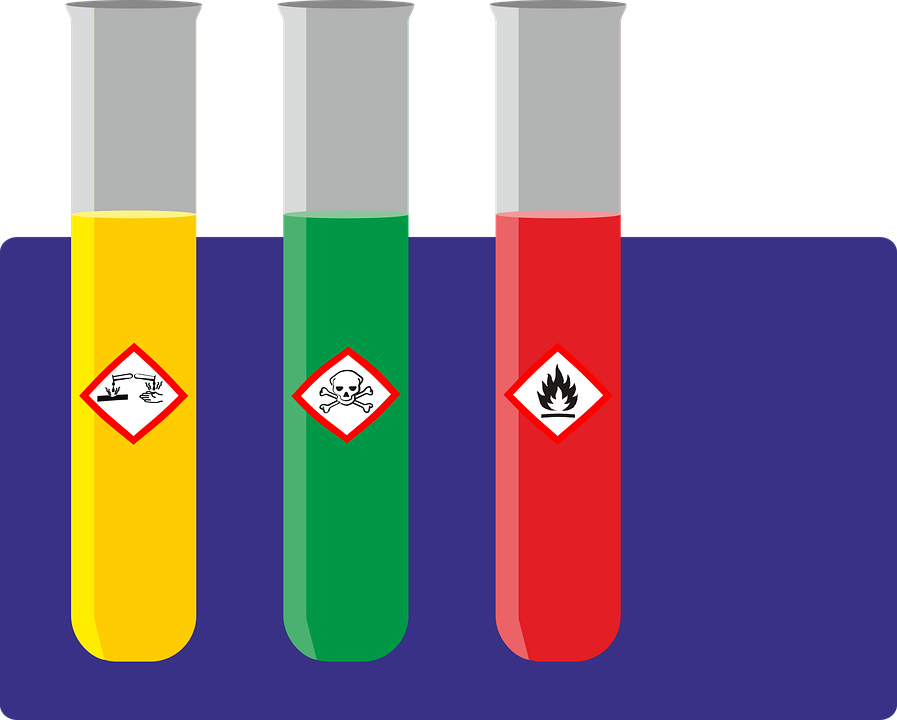What is life-insurance? Many people when trying to explain life-insurance either do a poor job of it or overcomplicate it. I’ll try to keep this as simple as possible. There two categories of life-insurance, whole life and term. Now both of these categories there are subcategories which I will go into later. First I like to tell you what life insurances. For sake of this example let’s say you have 1000 people paying into a company’s life insurance policy. The premiums that are paid every month are invested by the company. When one of the thousand dies, the insurance company promises to pay a certain amount of money to the family of the deceased. This money comes from the premiums of the other policyholders. The companies hope is that they make enough profits from investing your premium payments before having to pay a claim when you die.
Now that I’ve explained what life-insurance is, I’ll like to explain what life-insurance is for. This is not an easy question to answer as there are many uses for life-insurance. You might get a small policy of a few thousand dollars to cover the expenses of a burial in the event of your death. You may also purchase life insurance equal to the value of your mortgage so that in the event of your death your spouse would not be burdened with having to make mortgage payments with the loss of your income. There are many people who have life-insurance on themselves and don’t even know it. Many banks either offer or require that debt is secured with life-insurance in the event that the debtor dies. If the debtor dies the insurance company will pay the bank whatever the loan balance is.
What is the difference between whole life and term? Whole life insurance is life-insurance that covers you for your entire life until you either reach 100 years of age or you die. Most whole life insurance policies will pay the full benefit amount at age 100. Term life insurance on the other hand gives your life-insurance protection for a set number of years. In order to continue term insurance you have to renew and there is a chance that you might have to prove insurability. Insurability is whether or not your health qualifies you to obtain the insurance in question.
What are some of the uses of whole life insurance? Probably one of the most popular uses of whole life insurance is as a burial policy. If Ariel policy is a small life insurance policy, usually no more than $10,000 that is intended to be used to cover your burial expenses. A whole life policy could also be used to replace the Social Security or other income of a spouse. For example, whole life insurance could be used to replace 10 years of a person’s income or social security benefit. This would give the spouse a 10 year window in which to financially recover and plan for the future. Whole life insurance can also be used as a legacy gift. A legacy gift is a gift left to your children or grandchildren. The advantage of life-insurance is that the benefits are usually tax free.
Whole life-insurance gathers what is called cash value. As you pay into the policy a portion of your premium is used to pay for your insurance while the rest to set aside. There is a lot you can do with this cash value. You can borrow from it at very favorable interest rates. These policy loans do not need to be paid back. However by failing to pay it back interest will be charged against the rest of your cash now you and tell you run out. Once the cash Shelley runs out your policy lapses and you’ll have coverage no longer. You may also surrender your policy for its cash value. This will automatically end your coverage. The only taxes you would have to pay on this value would be for any monies received over the amount paid in premiums. Many life insurance policies will also allow you, in the case of terminal illness, receive half of your death benefit or more in order to offset the cost of treatments and other expenses. There are somewhat shady brokers who work for viatical settlement companies, who will pay you a portion of your death benefit in exchange for you placing the company as the beneficiary of the policy. If you have a $10,000 life insurance policy, they might pay you $9000. The downside to this is that now you have a company who will only make a profit when you die.
Term insurance on the other hand only gives you coverage for set number of years. You might ask yourself why he would you want life insurance that ends in 10 or 15 years. There are many situations where term insurance is suitable for the client. Term insurance is far less expensive than whole life. There were two reasons for this. First, term insurance does not build cash value that you can borrow against or surrender. Second, unlike whole life-insurance which will eventually pay out, term insurance will only pay out if you die during the term specified in the contract. Therefore there is a smaller chance that the policy will ever pay out. One of the major uses of the term insurance is to secure debt. Let’s use a married couple making a combined $50,000 a year as an example. This couple has a $250,000 mortgage, with a monthly payment of about $1800. Let’s assume that each spouse earns $25,000 a year. In the event of the death of one spouse, the other spouse would have to support the same amount of bills with only a little over $2000 a month. With this outstanding mortgage, the spouse would only be left with a little over $200 to pay the rest of the bills. If this couple purchased a term life insurance policy for $250,000, in the event of the death of the spouse, the other spouse could use the proceeds from the life-insurance to pay off the mortgage and therefore free up $1800 to pay the rest of the bills and not have to sell the home. The term of this insurance would end when the mortgage was paid off.
As a buyer of any insurance policy you should read about life insurance payouts and at what time intervals you will get those payouts. The time period is different with different policies as well. You can also talk with your advisor or life planner about this.
The varieties and uses for life-insurance are endless. There were several relations of life-insurance, including life insurance policies where you’re able to invest your cash value in the stock market. To see what kind of life-insurance is right for you make sure to contact an agent in your area. Don’t settle for one agent either, but make sure to shop around. Whether whole, term, or a combination of both, everybody needs some form of life-insurance. As a licensed insurance agent myself, the biggest objection I hear to purchasing life insurance is that the client cannot afford it. In some cases this is the case, but in most cases it’s just the unwillingness of the client to make the commitment to buy the policy. The truth is that the minimal mental hardship that the life-insurance premium may cause will pale in comparison to the financial devastation of a premature death. For the bills don’t stop when somebody dies, and in many cases the bills just keep mounting. And if for example, you’re being quoted a premium of $80 a month, think of it as $20 a week. This is about the price of a night out at McDonald’s. So ask yourself, could you sacrifice one night at McDonald’s to protect your family from financial hardship?




